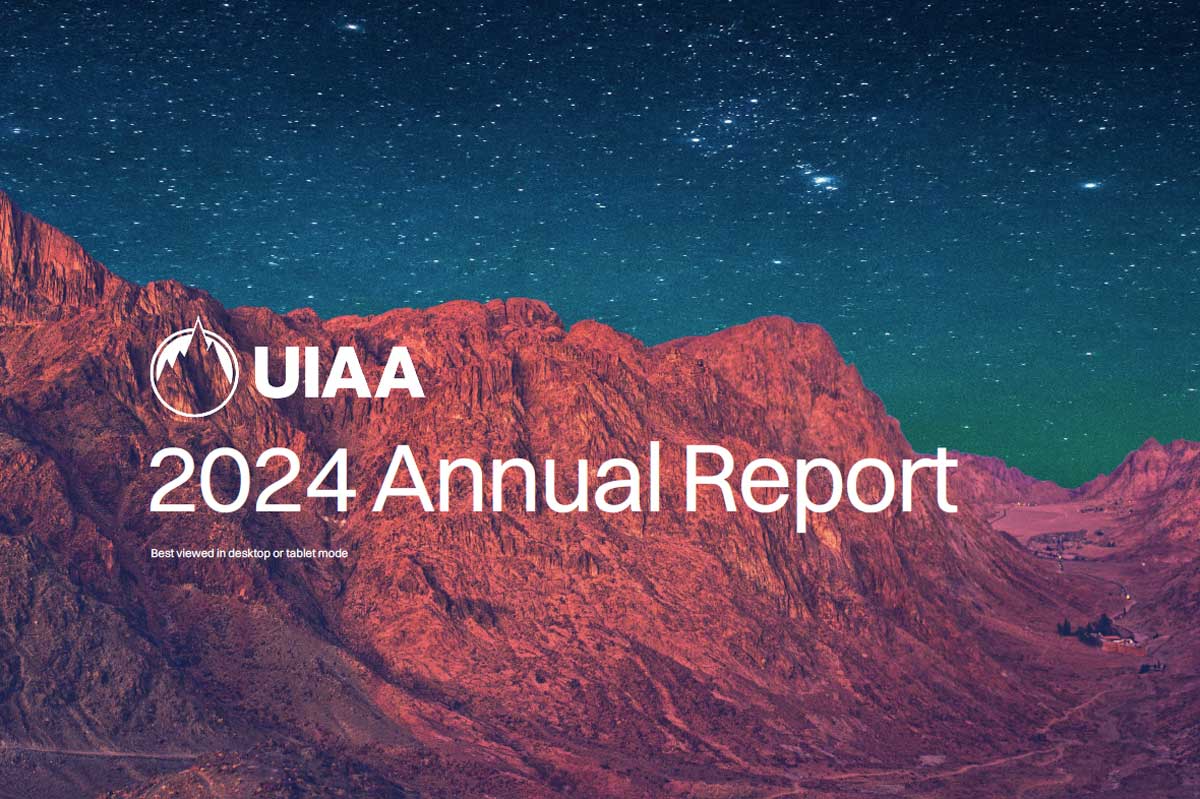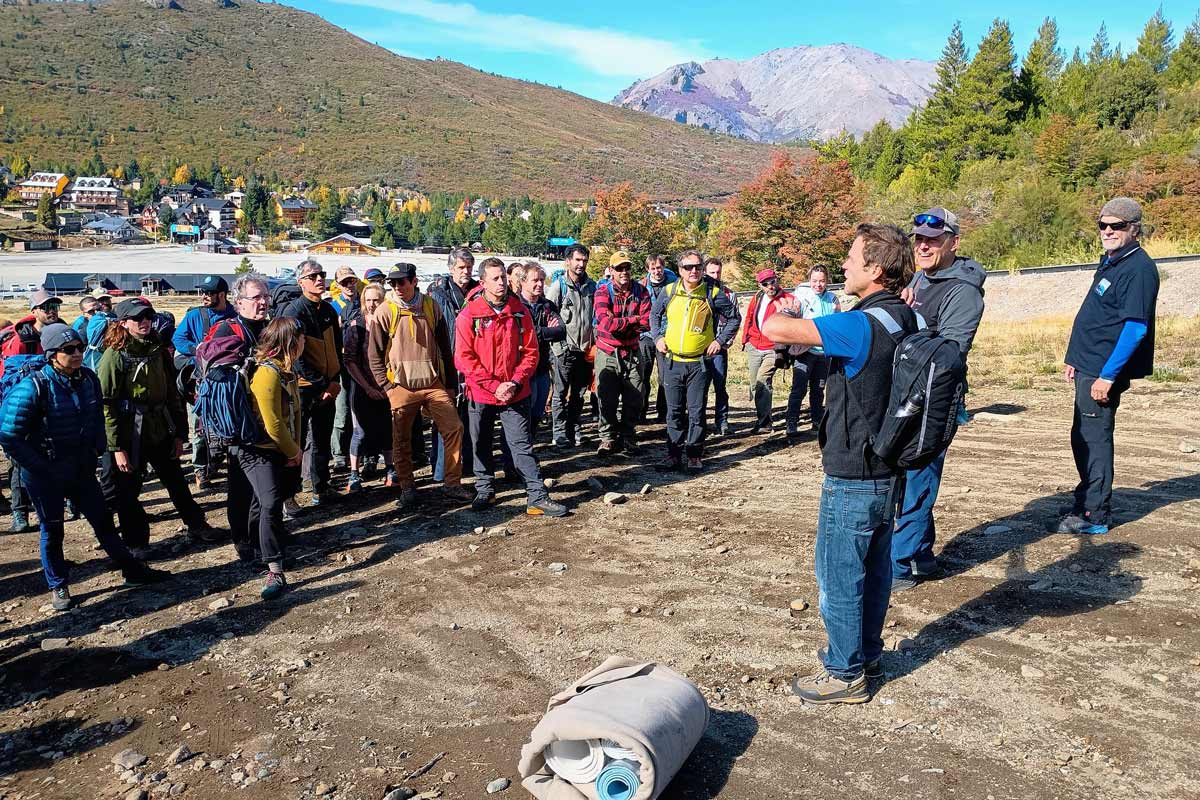The Legal Experts Working Group of the UIAA has published a paper on the growing number of accidents at indoor climbing facilities. The following is the group’s observations:
Over the last 20 years many climbing halls have been built and indoor climbing is the training venue for many climbers. It is part of their social life.
Artificial climbing walls are especially important in countries which have few or no mountains or cliffs, but they exist even in those countries blessed with an abundance of rock.
Every weekend, evening and afternoon these halls are busy. They are frequented by young and older climbers; the experienced and novices; and by children who celebrate their birthday party there; and all sorts in between.
Most climbing centres not only provide a climbing facility; they also rent harnesses and climbing shoes and provide instruction. In most halls the visitor can buy drinks and food. Most request the visitor to fill in a form in which he explains his climbing experience. The staff will assess this information and decide whether the visitor is competent to use the facility without instruction or close supervision.
It has been noted that over recent years there have been an increasing number of accidents including fatalities. In the jurisprudence following these accidents the courts have considered if climbing centre owners or staff have civil liability in negligence or contract and also the possible criminal liability of the belayer.
Some judges have suggested changes in climbing practices to reduce risk. However it is the hall proprietor who has responsibility for ensuring safety by assessing competence, imposing strict rules, enforcing good practice and providing effective supervision and training. Some federations have provided guidance to the owners of climbing walls on such matters.
Some accidents have occurred due to belaying faults involving very experienced climbers. One wonders whether the atmosphere in halls (social event, lots of friends, music, food and drinks) may contribute to a lack of concentration (belaying on automatic pilot etc), with unfortunate consequences.
April 2010


